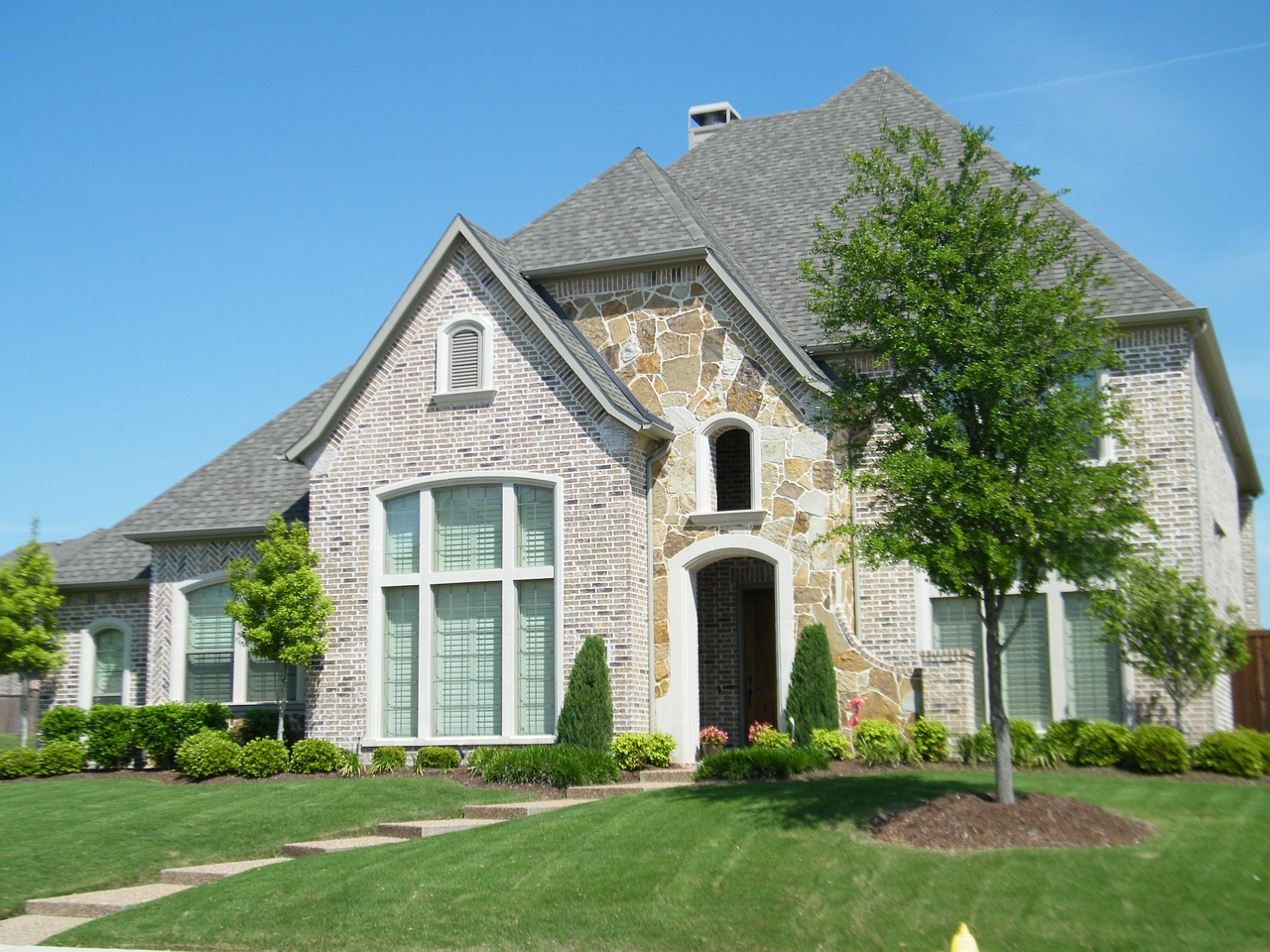Brick homes are gorgeous, classic and most importantly, built to last for decades. However, this does not mean they are free from needing a little upkeep here and there. Neglecting small repairs can lead to big maintenance issues requiring professional assistance and possibly even a permit to fix. Here are some quick tips to help you maintain your brick home without any fuss or worry.
Plant Maintenance
Often, plants like ivy or other vines will begin creeping up your brickwork over time. Although ivy may look beautiful, it poses a serious hazard, because its roots will work their way into any cracks they find. The growing plant will then damage the brick it is entwined with, and ripping it out will be risky. It will also create more moisture against your wall. Trim any vines down and away before they can get a foothold on your bricks.
Algae, mold or mildew can also grow on your brick in places that are dark or damp. Try to avoid power washing too closely and avoid altogether if your brickwork is especially soft. Although your brickwork will be cleaned, the strong blast of water can harm the mortar in between your bricks so you have to be careful when doing this.
You can clean algae and other growths off easily with a mixture of water and bleach. Use one gallon of water and one cup of bleach in your combination. Be sure to protect your eyes, hands and surroundings when treating your brick.
Tuckpointing
Make sure to keep up on tuckpointing open or cracked mortar joints in the brick. If your mortar cracks or loosens, you run the risk of your bricks chipping or falling out. Losing one or two bricks is a small and quick repair, but neglecting the mortar for too long will make it a lengthier and more difficult process.
Tuckpointing involves chiseling or cutting out the damaged mortar so it can be replaced and refreshed. Because it entails picking out chunks of mortar, this process can be time-consuming and messy but it is important to keep up on. If you do not maintain the tuckpointing you run the risk of letting moisture from melted snow seep into any gaps that still remain. Water will make any cracks in the brick worse over time especially during the freeze-thaw process.
Replace Damaged Bricks
Bricks that are damaged or lose need to be replaced before they can let any moisture through. Carefully re-mortar around the new bricks. If your current bricks look rusty or chalky you can sometimes clean them with a stiff wire brush.
If you still cannot remove the stains, you may need to treat the area with chemicals. In this case, you may want to consult a professional instead of doing this repair yourself. However, if you choose to use a chemical, wear gloves and eye protection. Cover any plants nearby to avoid any damage and work with a stiff brush well you scrub the brick.
Seal Brickwork Properly
All of your brickwork needs to be sealed with the right kind of brick sealant to keep it waterproof. Otherwise, moisture can seep into the bricks anyway, causing damage that may go unseen until it becomes incredibly costly to repair.
Be careful to only use a breathable sealer, like Siloxane P.D. Your product needs to be water repellant without trapping moisture. Siloxane is water-based, so it is less dangerous to use than other mixes that are solvent-based. A proper sealing treatment will last around 5 years depending on the quality of bricks, but you should check on your bricks each year regardless. It is far better to know your bricks are holding up well than to assume they are safe incorrectly.
Check Window Lintels
Keep an eye on the lintels above or below your windows. The most common are steel lintels used for supporting above the windows. If they are rusted, you need to seal or replace them to prevent movement. Since lintels often support the structural integrity of your building and help keep everything level, any cracks can be closed up around the lintel but once these start to swell as they age it’s often best to replace them.
Contact a Professional
If you feel uncomfortable doing this repair and maintenance work yourself, you’re not alone. Ray Arnold Masonry & General Contracting is here to help you protect the longevity of your brick home with years of experience and training. Call us at 440-834-8252 or go online to fill out our contact form and schedule a free consultation.

